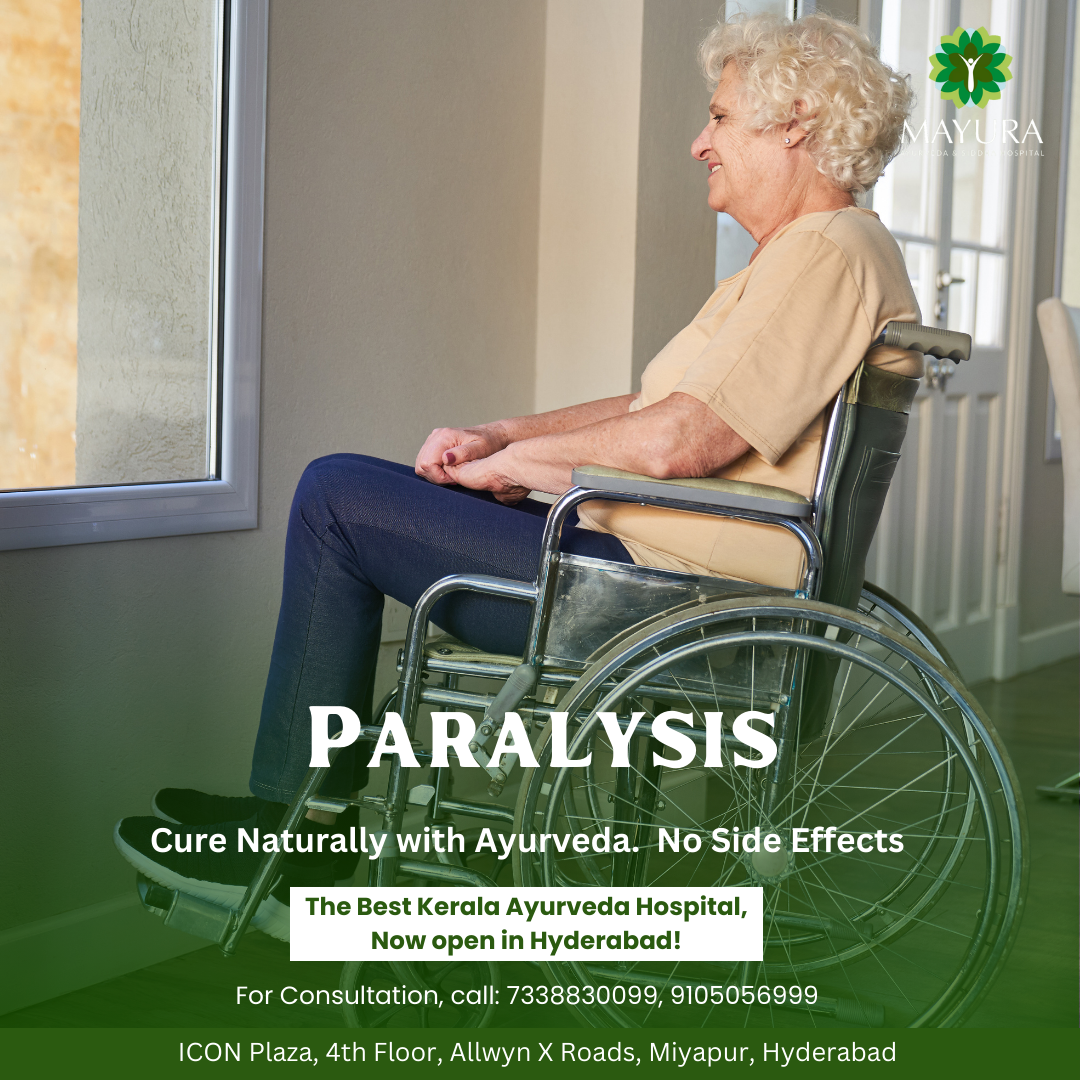Paralysis is a condition that affects millions worldwide, causing a loss of muscle function and sensation in affected areas. It can be caused by various factors, including spinal cord injuries, strokes, and neurological disorders like multiple sclerosis. Symptoms vary depending on the type and severity of paralysis but commonly include loss of movement, numbness, tingling sensations, and muscle weakness.
Treatment for paralysis aims to manage symptoms, improve mobility, and enhance quality of life. Physical therapy, occupational therapy, and assistive devices such as wheelchairs and braces can help individuals regain independence and function. In some cases, surgery may be necessary to repair damaged nerves or relieve pressure on the spinal cord.
Living with paralysis can present significant challenges, both physically and emotionally. It’s essential for individuals with paralysis to have access to a strong support system, including healthcare professionals, caregivers, and support groups. Mental health support is also crucial for addressing the psychological impact of paralysis and promoting overall well-being.
Despite its challenges, many individuals with paralysis lead fulfilling lives and achieve remarkable accomplishments. Advances in medical research offer hope for future treatments and interventions to improve outcomes for those living with paralysis. By raising awareness, supporting research efforts, and advocating for accessibility and inclusion, we can work towards a world where everyone affected by paralysis can live their lives to the fullest.
















